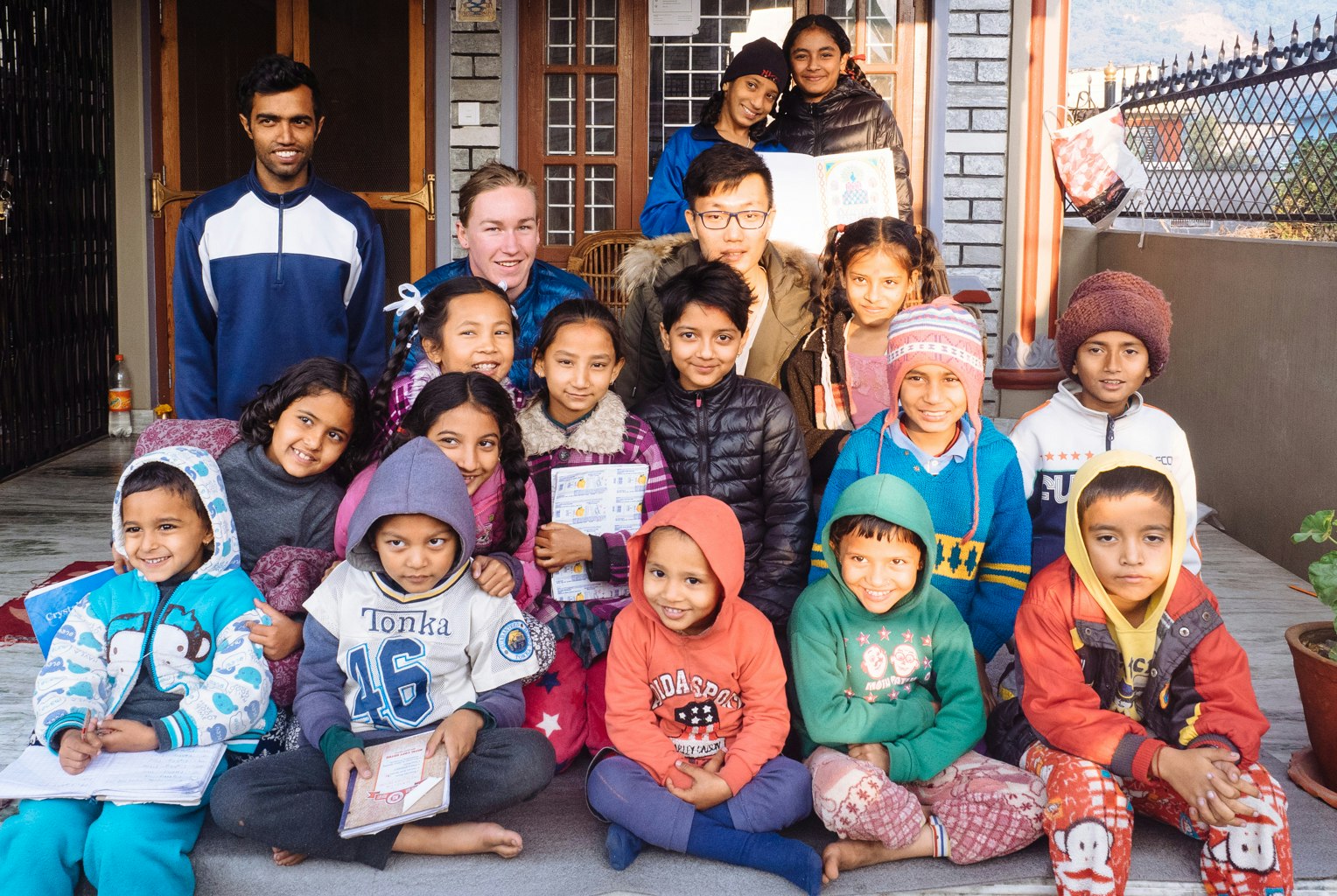
Volunteering Abroad to Master a New Language
Want to learn a language while making a real difference?
Volunteering abroad is one of the best ways to immerse yourself in a new culture, help local communities, and build strong language skills — all at the same time.
Unlike classroom lessons or apps, volunteering for language immersion lets you live the language in action. You’re talking, listening, and learning every day, naturally and with purpose.
In this post, we’ll explore how service learning abroad works, what types of language volunteer programs are available, and how to get started on a life-changing journey.
Why Volunteering Helps You Learn a Language Faster
1. You practise every day
When you volunteer, you’re not studying — you’re using the language to communicate, solve problems, and connect with people.
From giving instructions to sharing meals, every moment becomes a language lesson.
2. You learn real-world vocabulary
Instead of textbook grammar, you learn what people actually say in daily life. You pick up slang, gestures, and local expressions.
3. You build confidence
You’re not speaking for a grade — you’re speaking to help. That lowers pressure and makes it easier to practise.
4. You make deeper connections
Volunteering creates strong relationships. Those bonds help you stay motivated and make the learning experience more meaningful.
Best Types of Volunteer Programs for Language Immersion
Not all volunteer trips offer the same language opportunities. Look for programs that place you in local communities and involve regular interaction.
1. Teaching and Education

Great for English speakers who want to teach while learning the native language.
- Assist in schools or adult literacy programs
- Learn from fellow teachers and students
- Hear how language is used in educational settings
2. Environmental Projects
Perfect for outdoor lovers.
- Work in conservation areas, farms, or wildlife sanctuaries
- Learn vocabulary related to nature and the environment
- Communicate with local teams in real-time situations
3. Community Development
One of the best options for immersive practice.
- Help with building projects, food programs, or outreach work
- Speak to community members daily
- Use the language in many different situations
4. Health and Wellness Support
Some programs allow non-professionals to support clinics or wellness initiatives.
- Learn health-related vocabulary
- Work alongside local staff and translators
- Use polite, respectful forms of the language
Top Destinations for Language Volunteer Programs
Spanish
- Guatemala – Friendly, clear accent, many NGOs
- Peru – Volunteer in schools, clinics, or with youth
- Colombia – Cultural immersion in cities and rural towns
French
- Senegal – West African French, welcoming culture
- Madagascar – Biodiversity and eco-volunteering
- Morocco – Learn both French and Arabic influences
Portuguese
- Brazil – Many social programs in Rio, Salvador, and Recife
- Mozambique – Community and environmental projects
Other Languages
- Vietnam – Teach English and learn Vietnamese
- Nepal – Remote villages offer deep immersion
- Japan – Cultural programs in exchange for local help
Budget Tips: Volunteering Without Breaking the Bank
Volunteering abroad doesn’t have to be expensive.
1. Choose low-cost programs
Look for transparent programs that don’t charge high fees. Some trusted platforms include:
- Workaway
- Worldpackers
- HelpX
- WWOOF (for farm work)
2. Look for programs that include food and housing
Many long-term placements offer accommodation and meals in exchange for your help.
3. Fund your trip creatively
- Crowdfund for specific causes
- Apply for volunteer scholarships
- Offer to blog or create content in exchange for discounts
Real Story: How Sofia Learned Spanish in Peru
Sofia, 22, from Sweden, volunteered at a school in Cusco, Peru, for six weeks.
She lived with a host family, taught basic English to children, and spent evenings helping her host mum cook.
At first, she only understood simple phrases. But with daily exposure, she picked up vocabulary quickly. By week four, she could hold full conversations.
“Volunteering made the language real,” Sofia said. “I wasn’t just learning — I was living it.”
What to Expect When You Volunteer Abroad
It’s exciting, but also challenging. Here’s what to keep in mind.
Be patient
It takes time to adjust to a new language, routine, and culture.
Be respectful
You’re a guest in someone else’s home. Follow customs, ask questions, and be open-minded.
Be proactive
Ask questions, join activities, and make an effort to connect with locals.
Prepare for Your Volunteer Language Trip
1. Learn the basics before you go
Use Duolingo, podcasts, or a phrasebook to learn greetings, questions, and everyday phrases.
2. Set simple goals
Examples:
- Learn 10 new words a day
- Have a 5-minute conversation with a local every day
- Keep a daily journal in your target language
3. Pack a small notebook
Write down new phrases, helpful words, or common mistakes. Review them daily.
Combine Volunteering with Other Learning Methods
Volunteering is powerful on its own, but you can boost your progress by adding:
- Language exchange apps like Tandem or HelloTalk
- Podcasts or local radio during breaks
- Reading children’s books from local shops
- Watching TV or movies in your target language with subtitles
Mixing methods keeps things fresh and supports different learning styles.
Common Mistakes to Avoid
- Relying only on English – Try to speak the local language as much as possible
- Being too shy to ask for help – Locals often love teaching and sharing
- Focusing only on work – The language practice is just as important
- Expecting instant results – Progress takes time, but it happens if you stay consistent
Conclusion: Learn, Help, and Grow

Volunteering abroad isn’t just about giving your time — it’s about building connections, growing personally, and learning deeply.
By choosing the right program, embracing daily language use, and staying curious, you’ll come home with more than just memories.
You’ll return with confidence, fluency, and a clearer view of the world.
So pack your bag. Open your mind. And let the learning begin — one conversation at a time


